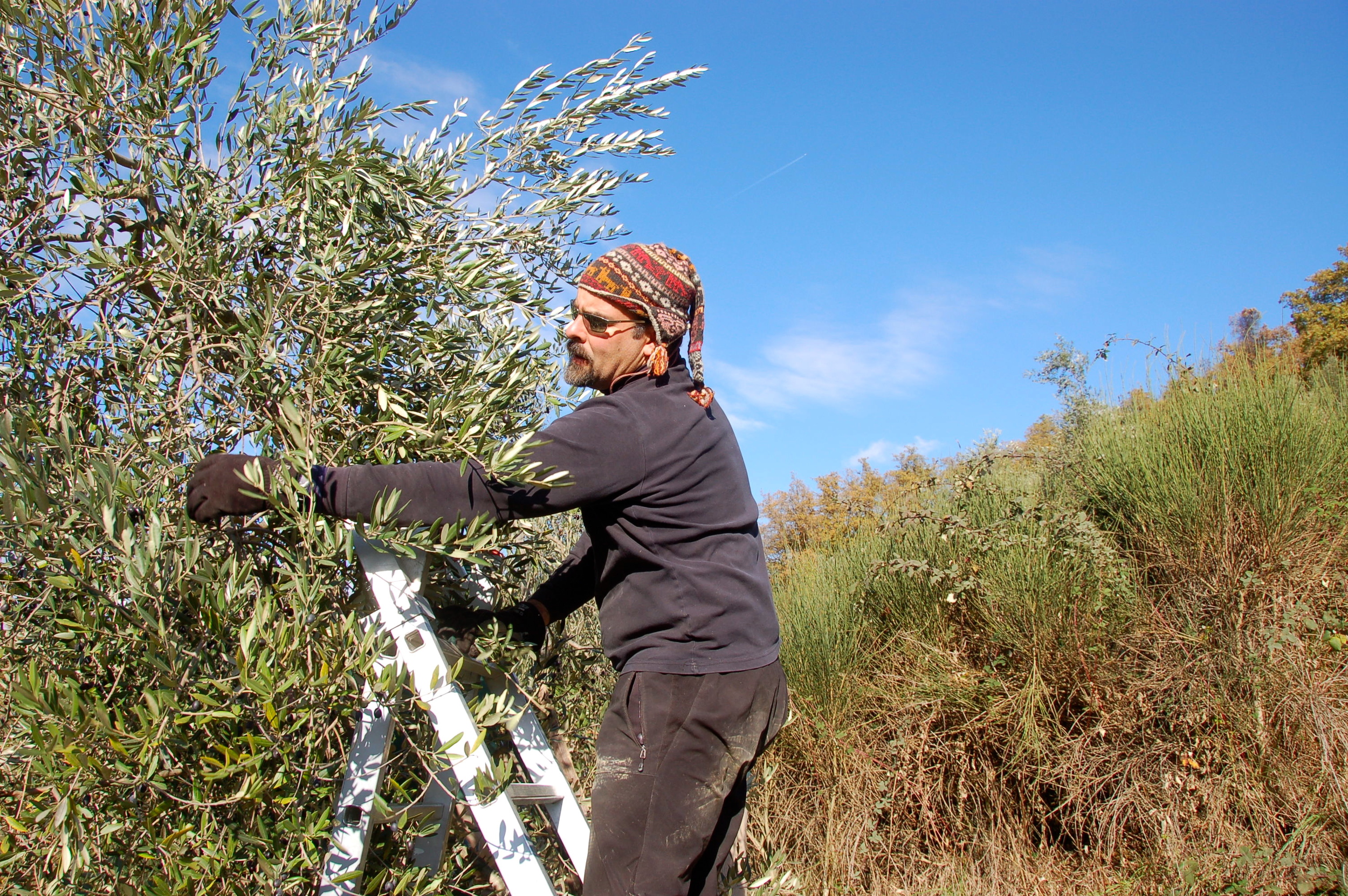Blog #1 Ecosystem Governance is an Emerging Profession
/Four decades ago I was drawn into what I have come to believe is an emerging discipline that is best described as ecosystem governance. I came in through Coastal Zone Management (CZM) as it took in shape in Rhode Island, the smallest of US states. Fifteen years later, in international circles, the term for about the same thing was Integrated Coastal Management (ICM). A host of other variants followed that emphasized the connection between the land and the sea, or upon one attribute or problem - such as biodiversity loss or over fishing or protected areas. Most recently an overarching umbrella for initiatives that addresses both the environment and people has been termed Ecosystem Based Management (EBM) or, more simply, the ecosystem approach. As defined by one often quoted source, EBM calls for analysis, planning and decision making that considers the entire ecosystem, including humans, and evaluates the cumulative impacts of diverse human activities in order to regulate human activities in a manner that maintains or restores an ecosystem to a healthy, productive and resilient condition that provides the services that humans want and need (McLeod et al, 2005). The practice of EBM therefore addresses the interplay between people and the living systems of which they are a part in specific places. The area of focus may be as small as a village or it may be a province (or state), a watershed, a nation or the planet as a whole.
I prefer the term ecosystem governance to describe what it is that the new breed of professionals is working to achieve. Names are important. The term management to me implies a degree of control that is rarely present. My favorite definition of ecosystem governance was put forward by Juda and Hennessey (2001). They defined it as “the formal and informal arrangements, institutions and mores that structure and influence:
How resources or an environment are utilized,
How problems and opportunities are evaluated and analyzed,
What behavior is deemed acceptable or forbidden, and
What rules and sanctions are applied to affect how natural resources are distributed and used.”
This definition, and many others, underscores that ecosystem governance is above all a social and political challenge and process. It addresses how human societies define their goals, their values, and shape their behavior. A practitioner of ecosystem governance must work to understand why and how human society at a given scale in a given place behaves as it does and identify what beliefs and experiences shape that behavior.
It puzzles me that in the US there are frequent affirmations in the literature and dialogue that EBM must be science-based. Yet the evidence is that science only sometimes informs the many policies and decisions made by governments and non-governmental institutions. Governance should respond to the knowledge and insights that flows from the sciences, but often does not. When governance fails (as when fishers persist in fishing with dynamite or a government resists responding to climate change) the reasons usually lie in the nature of the governance system. More science may do very little to instigate the actions that should be taken. The practitioner of ecosystem governance therefore needs above all to know how to analyze, engage with and influence a governance system. There are many dimensions to learning how to do this effectively and such abilities must be at the core of the profession that is now emerging. If ecosystem governance draws only on science to inform and direct its actions it will be hobbled and often ineffective. It is crucial to understand the values and beliefs that underlie the dimensions of ecosystem governance identified in the definition above.
The defining feature of ecosystem governance is that addresses - in a geographically defined area of focus - both the environment and the people. It focuses the analysis upon the interconnections and interdependencies between the two. In my experience, those assembling any plan of action that hopes to modify how groups of people and institutions conduct themselves quickly find that the dominant concerns are equity, fair play and accountability. Any attempt to adjust a governance system quickly finds that they are dealing with the values and the beliefs of those involved as much or more as ‘the science’. The analysis and planning that underpins such negotiations and the associated trust building must incorporate what science can tell us about how the ecosystems in question function and why they are changing. Rarely, however, is the science the sole driving force informing and shaping the responses of a governance system to changing ecosystem conditions.
I have learned that in Europe the term ecosystem is often interpreted as a synonym for “environment” and therefore does not include people. The term socio-environmental system makes the linkage explicit but I choose to use the simpler term. In this blog the terms ecosystem and socio-ecological system are synonymous.


